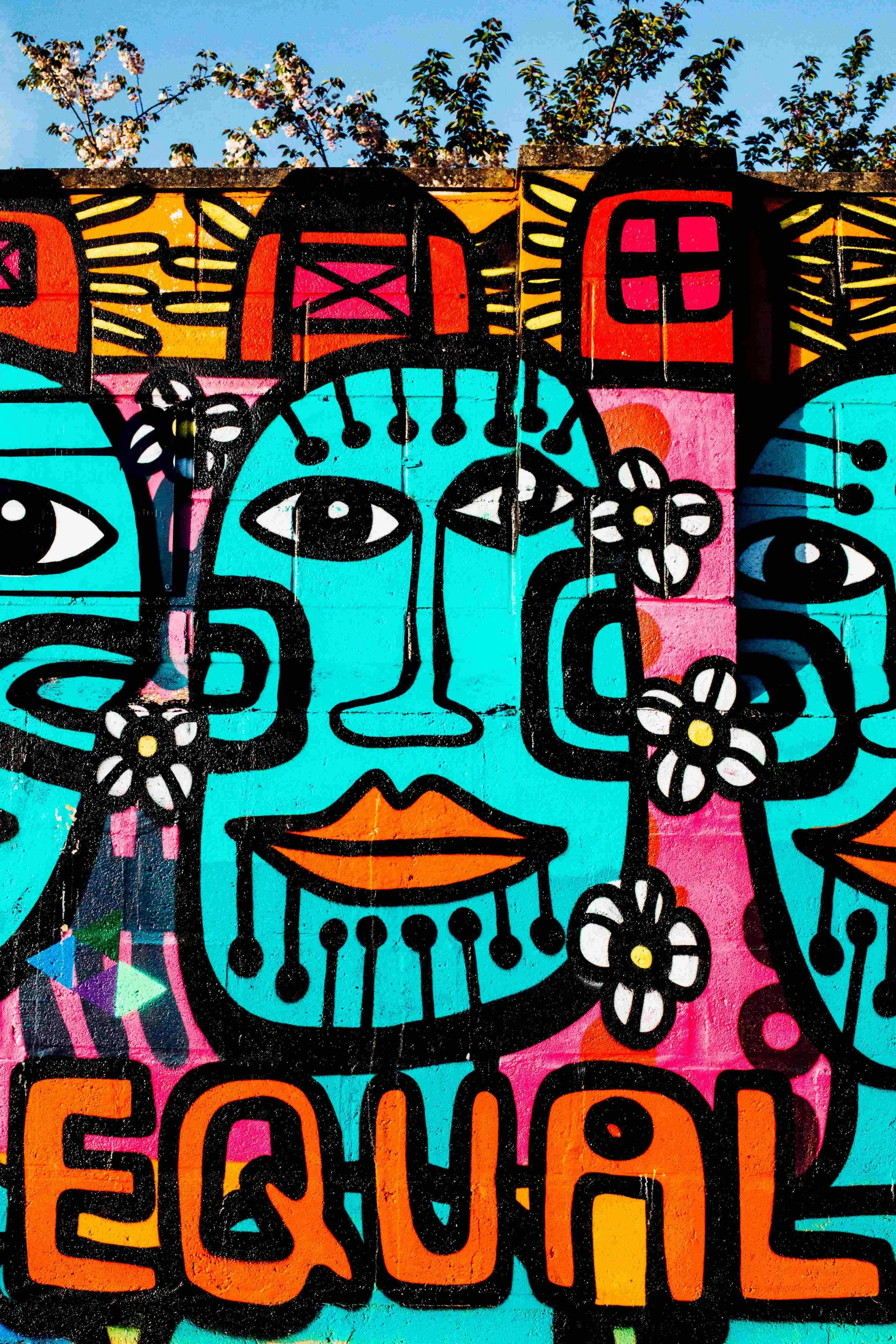Just as the index of consumer confidence can predict consumer expenses, the index of happiness at work can predict your employees’ productivity, your customers’ satisfaction, and your rate of employee turnover.
Looking at the latest report on Americans’ happiness, by Gallup, we see that happy Americans are at the lowest overall percentage recorded over the last 71 years.
During the last decade, economists have researched the associated costs of unhappiness and disengagement at work.
Thus, this is what your business shall expect from a lower level of happiness:
A $12,489 cost per disengaged employee/year (source: Harvard)
An increase in the number of employees likely to leave. Higher happiness reduces by 59% the probability of employee turnover (source: Gallup)
Higher recruitment costs. The Society for Human Resource Management has found that the average recruitment cost is $4,129 per employee.
A 21% decrease in productivity (Gallup)
A 125% increase of burnout risks (Harvard)
Is your business bound to lose money because of higher unhappiness? Yes, unless you do something about it. People spend a lot of time at work, and happiness at work can be largely influenced.
As a first step, start measuring how good is the human experience in your company. Discover your organization’s strengths and ways to grow happiness, and create a competitive advantage to get ahead of your competitors in 2020.
Finally, if you want to get all the tools to increase happiness at work, check our chief happiness officers’ online training.


